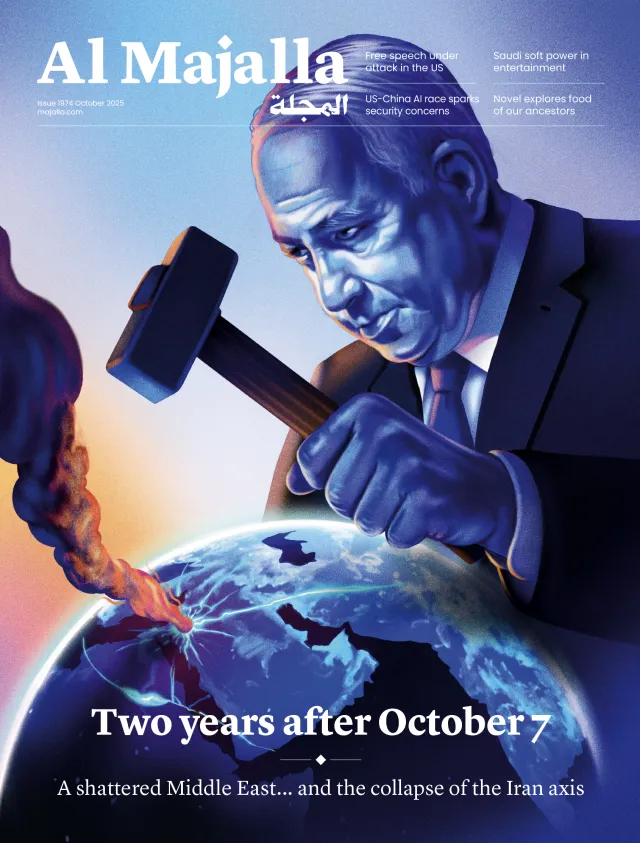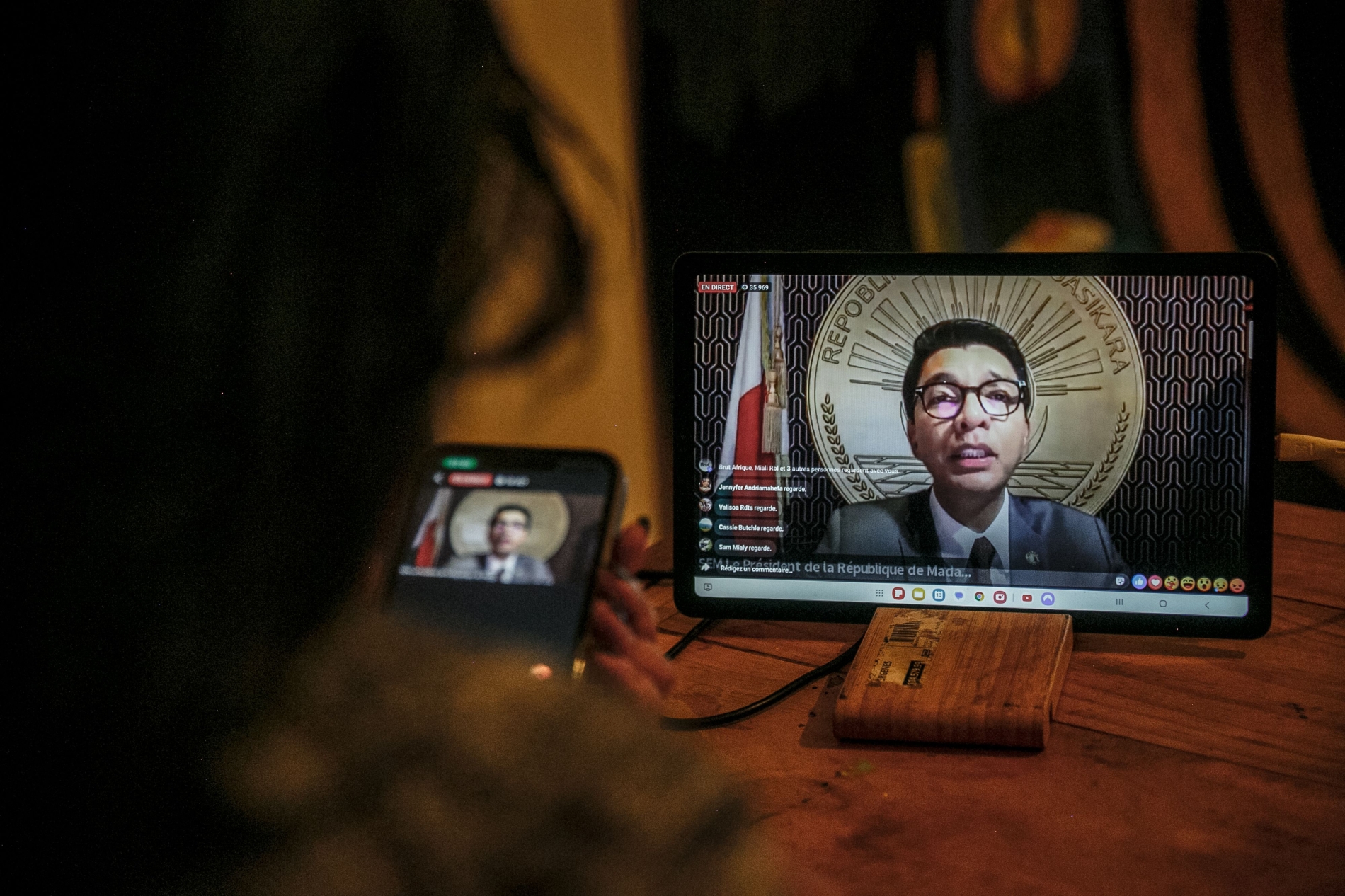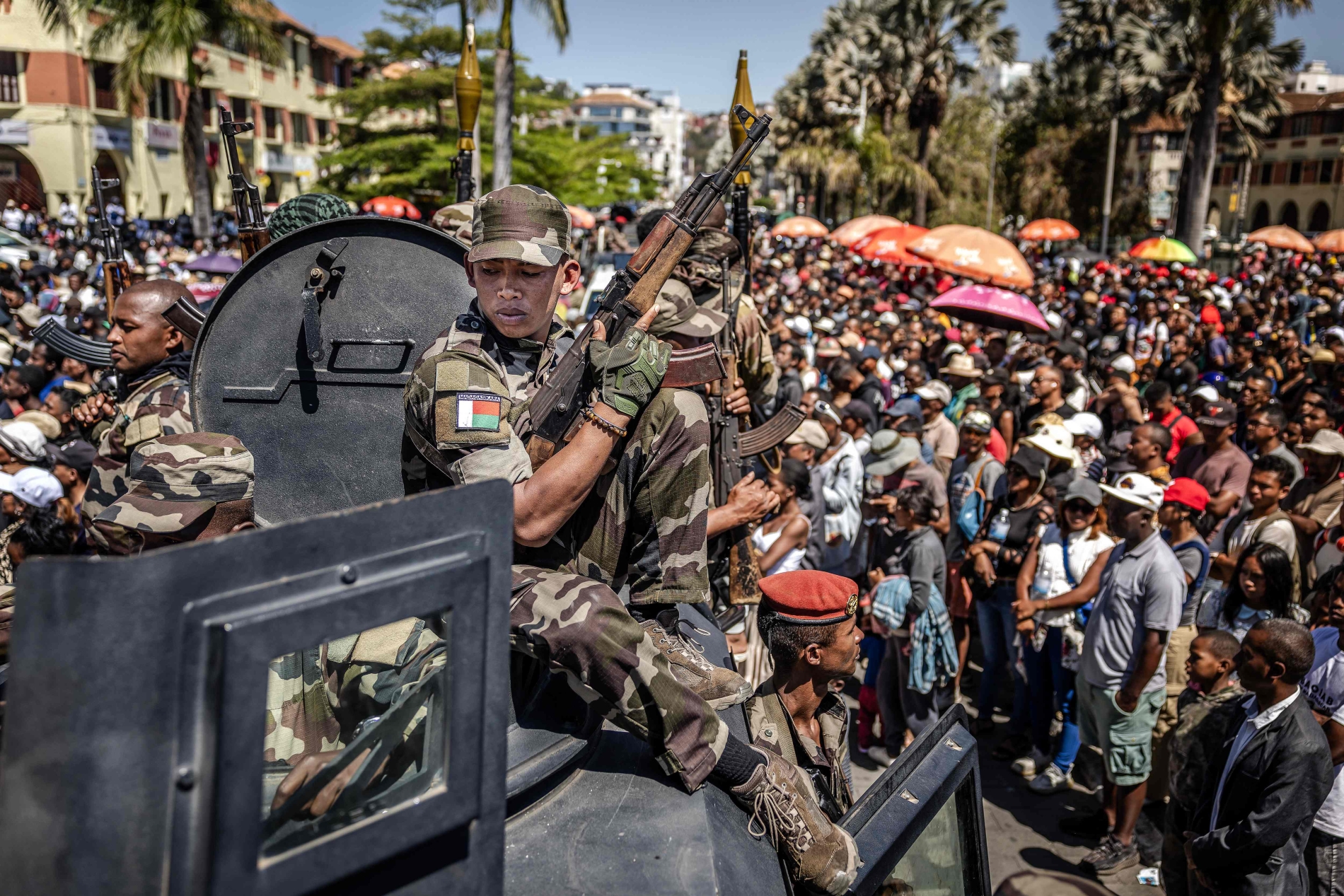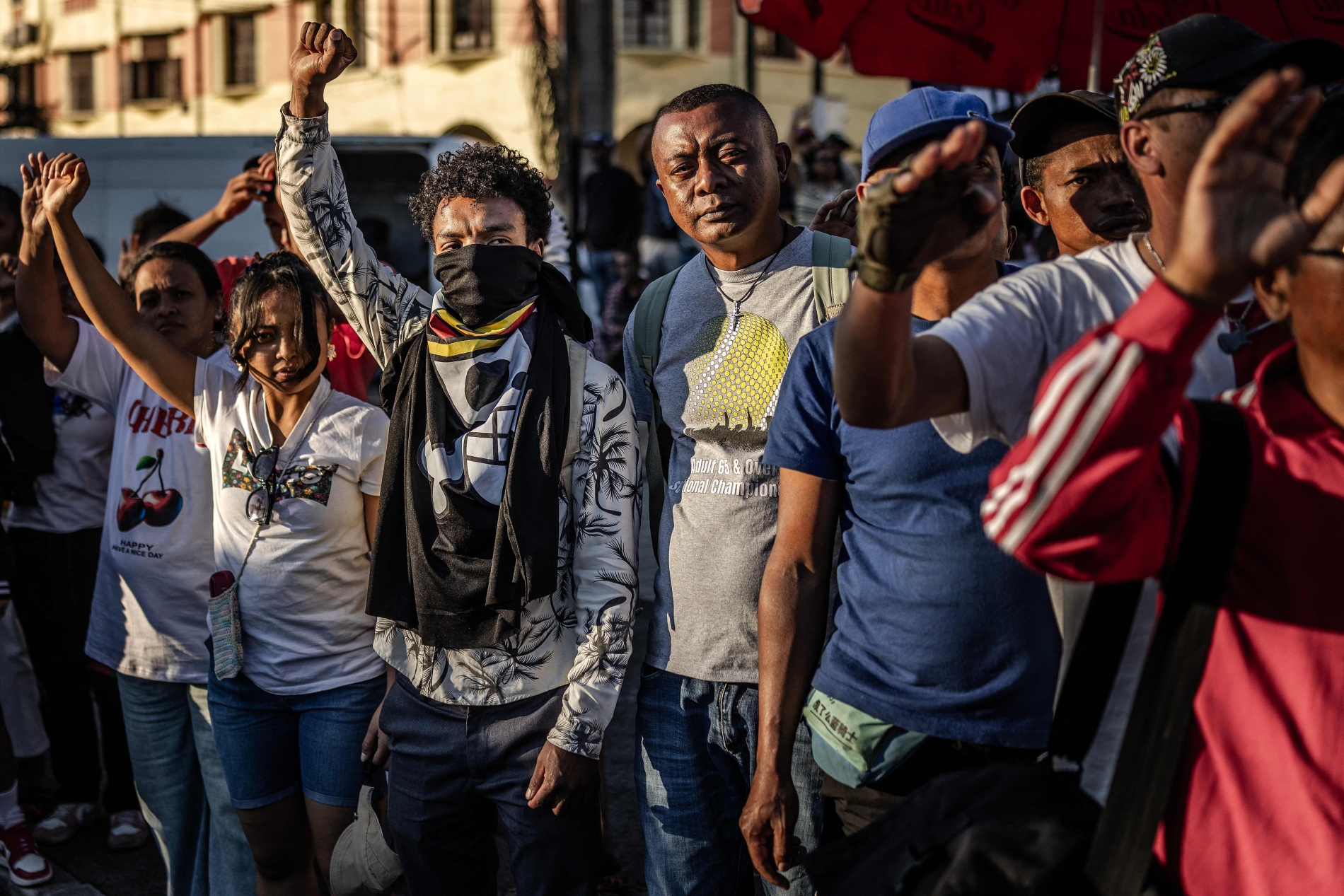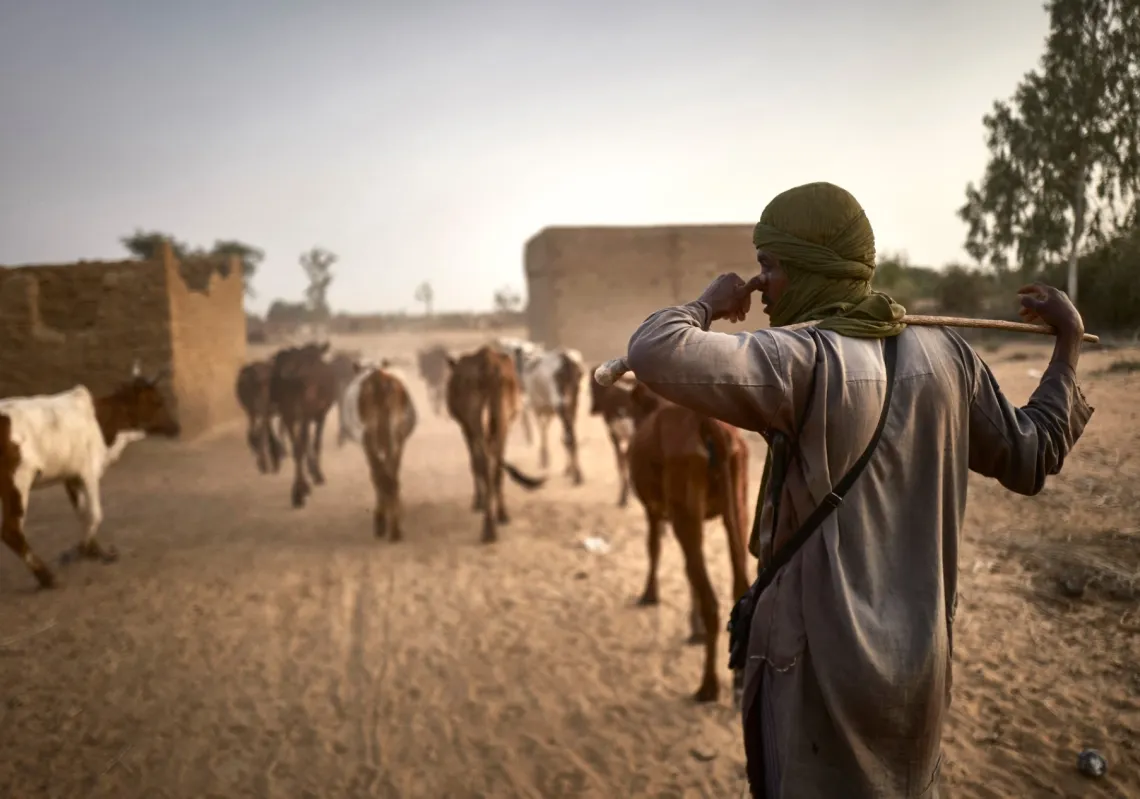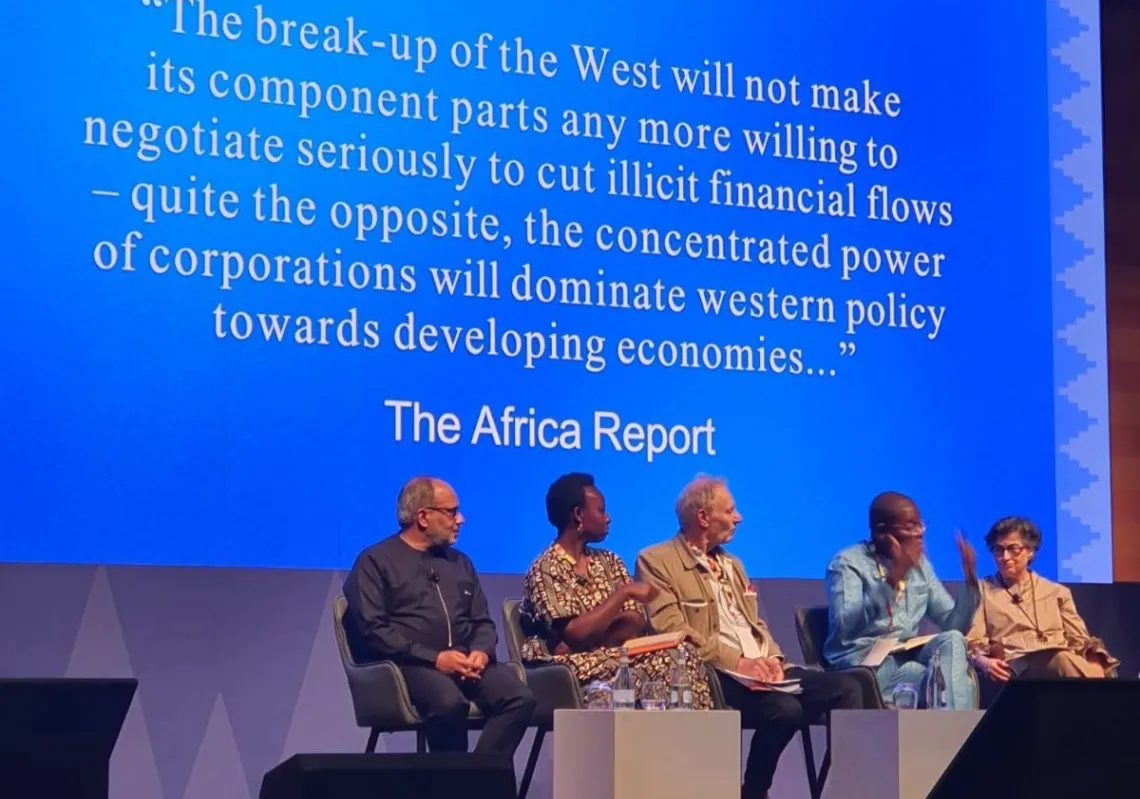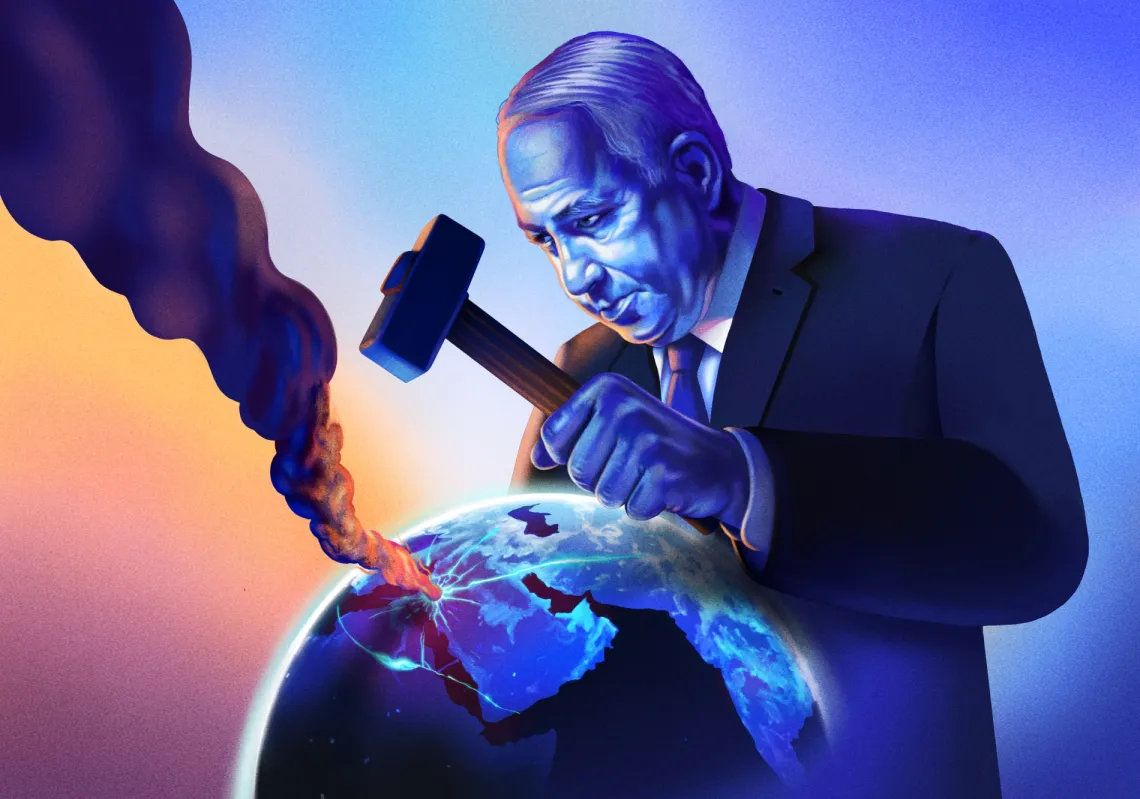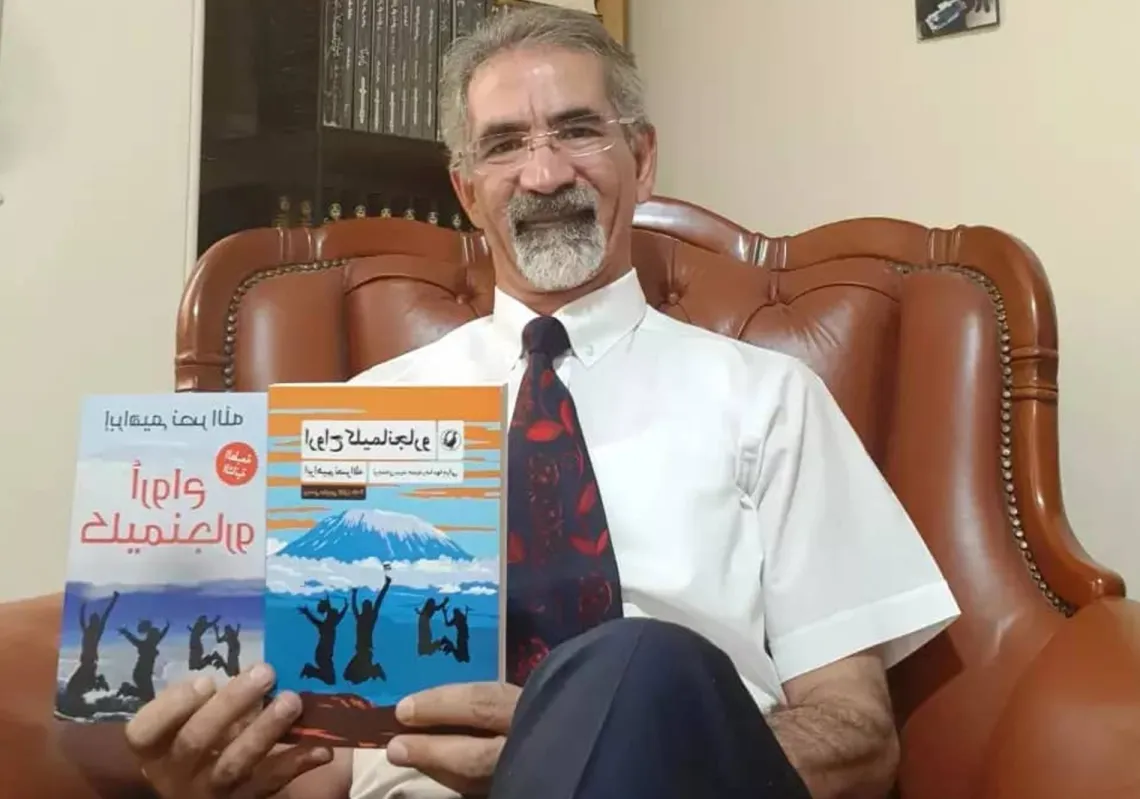Madagascar is experiencing its most serious political crisis in recent years. What began as a series of peaceful youth-led protests in late September, driven by disruptions to the supply of electricity and water, had escalated into large-scale clashes by early October.
On 10 October, the army’s elite CAPSAT unit refused to obey the country’s authorities and joined the demonstrators, issuing a statement to security personnel to “unite their forces” and to “refuse orders to shoot at their brothers and sisters.”
In response, Madagascar's president, Andry Rajoelina, said: “At present, there is an attempt to seize power by force on the territory of the country, which is contrary to the constitution and to democratic principles.”
Two days later, the French radio station RFI, citing its sources, reported that Rajoelina had fled the country on board a French military aircraft, in coordination with French President Emmanuel Macron. At the time of writing, the president was in an undisclosed location, having left the country in fear for his life.
Following Rajoelina’s departure, CAPSAT assumed control of the military, with Major General Démosthène Pikulas appointed the new chief of the general staff. By Tuesday, the National Assembly of Madagascar voted to impeach him, and the Supreme Constitutional Court nominated a new candidate for the post of head of state: Colonel Michael Randrianirina.
Currently, virtually all government institutions, with the exception of the National Assembly, have ceased operations. Randrianirina announced that the transition period would last two years, during which the country would hold a referendum on a new constitution, followed by elections to gradually establish new government institutions.
Ironically, the mutiny of CAPSAT officers in 2009 led to the overthrow of President Marc Ravalomanana, paving the way for Rajoelina, then leader of the opposition, to take power. However, this is not ‘the irony of history’ but a structural manifestation of the post-populist cycle characteristic of many African states.
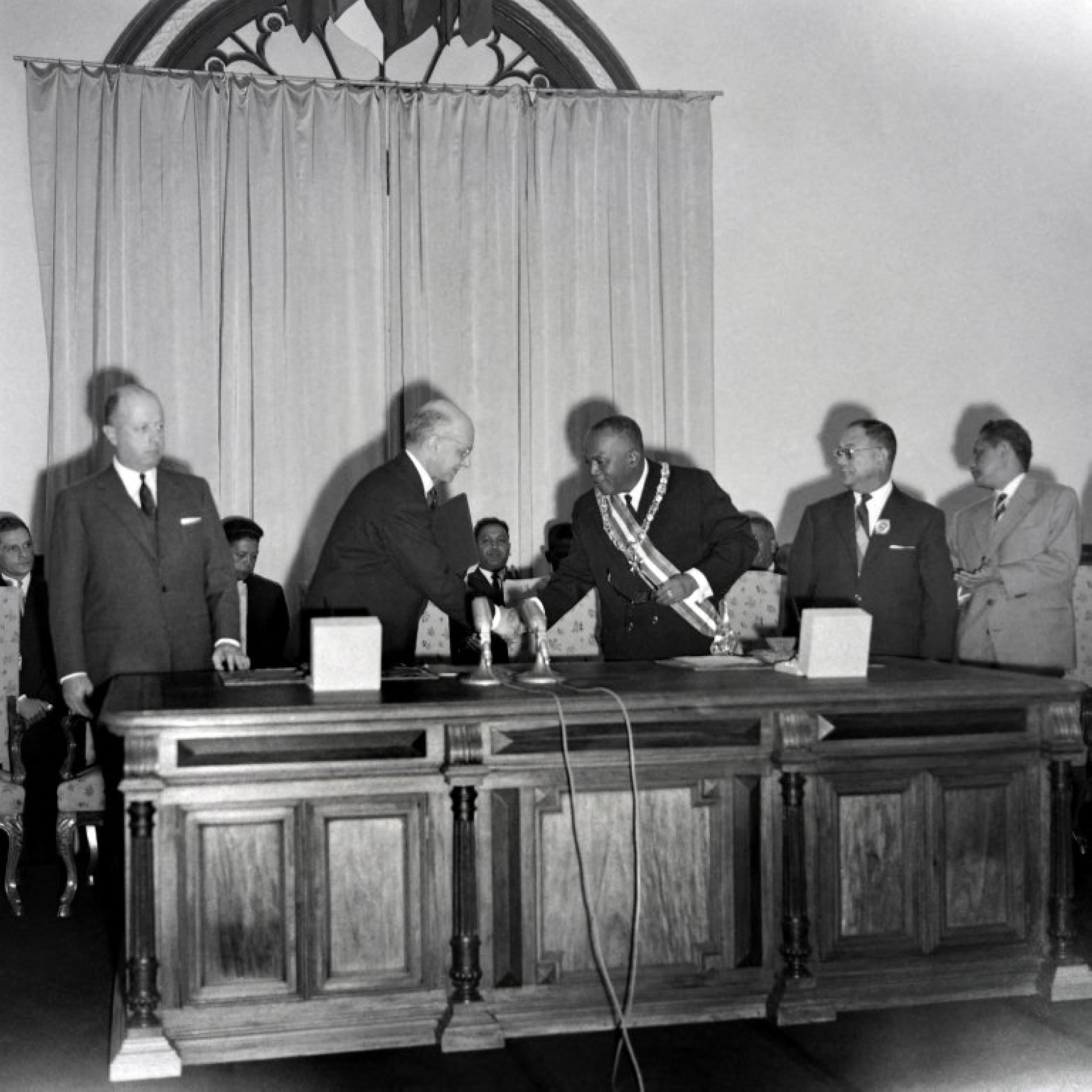
From institutionalism to neopatrimonialism
After gaining independence in 1960, Madagascar—like many African nations—inherited from France the formal institutions of democracy: a parliament, a constitution, and elections, but without genuine mechanisms of social or political accountability. Real power, particularly over the distribution of resources, remained in the hands of regional clans and networks of personal loyalty.
This laid the groundwork for the rise of Ravalomanana—a businessman and technocrat who came to power through contested elections backed by court rulings and international support.
Ravalomanana’s rule was marked by the creation of a neopatrimonial model of power. This system was defined by the concentration of economic and administrative resources in the hands of the president, his inner circle, and networks of patronage. It relied entirely on the will of the leader and the personal loyalty of the elite.
State institutions formally continued to exist, but only in a decorative capacity—as instruments of personal authority. Formal legitimacy and the presence of institutional structures did not guarantee effective governance or social stability. The distribution of resources and power operated through personal connections, family ties, and clan networks rather than through competent institutional mechanisms.
The viability of this model depended directly on external support. The West, primarily France, the US, and international financial institutions such as the IMF and the World Bank, strongly backed Ravalomanana’s regime, viewing it as a guarantor of stability and a conduit for neoliberal reforms.

